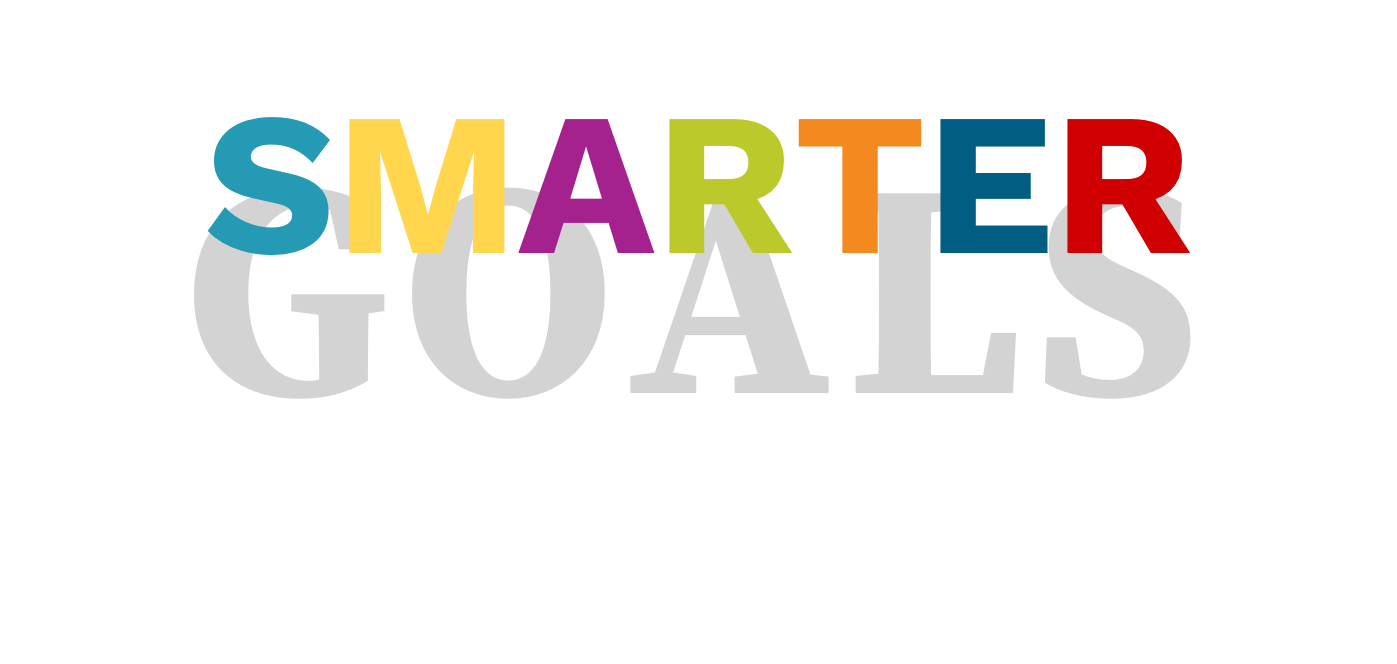content
A Professional Development Plan (PDP) is a written document that establishes both your career development goals and a strategy for meeting them.
“We believe in the power of every person. The most important asset at the University of Nebraska is its people — students, staff, post-doctoral fellows, and faculty.”
From the N2025 Strategic Plan
content2
Aim: Prioritize participation and professional development for all Nebraska students, staff, and faculty.
Strategy: Ensure a means for all members of the university community to co-create an individualized professional development roadmap.
Expectation: All faculty, post-doctoral fellows, staff, and graduate and professional students have a documented and individualized professional development plan. Your PDP is intended to be used as a part of your performance evaluation, or may be used on its own depending on unit process.
Self-Assessment & Reflection
Use the Personal Skills Inventory to evaluate your current skills, strengths, and knowledge areas. This will help you identify development needs and areas for growth.
Use your self-assessment to complete your Personal SWOT Analysis Worksheet to help you identify areas for growth for your professional development plan.
Reflect on your skills and SWOT analysis to answer these questions:
- How can I build on my strengths?
- What actions can I take to overcome my weaknesses?
- Which opportunities can I pursue in the next 6–12 months?
- How can I prepare for or mitigate potential threats?
Defining Career Goals
After reflecting, you should be able to identify at least one short-term and possibly even one long-term career goal. The goal(s) may be vague or broad, but using the SMARTER Goals template, you'll narrow your focus to a clearly defined goal.

Align your career goals with your current role, future ambitions, and business needs by answering these questions:
- Is this supportive of my current position or your future career goals?
- What are my top priorities?
- What has the least barriers to accomplishment?
- What does my supervisor support?
- Does this align with the department, college, university, and overall system objectives?
smarter
🎯 | Well defined, clear, and unambiguous. | Who is involved in this goal? What do I want to accomplish? Where is this goal to be achieved? When do I want to achieve this goal? Why do I want to achieve this goal? |
📐 | Quantify an indicator of progress. | How many/much? How do I know if I have reached my goal? What is my indicator of progress? |
👣 | I either have the skills, or can obtain the skills and resources, to achieve this goal. | Do I have the resources to achieve my goal? If not, what am I missing? How will I achieve my goal? What steps must I take to get what I need? |
🟰 | This aligns with the department, college, university, and overall system objectives. | Is this supportive of my current position or my future career goals? Have others done it successfully before? |
⏳ | If the goal is not time-constrained, there will be no sense of urgency and, therefore, less motivation to achieve the goal. | Does my goal have a deadline? By what date do I want to achieve my goal? Are there critical points along my path to success that need a check-in? |
☑ | Write it down and keep it visible. Recognize and celebrate your accomplishments. Identify steps on how you will be evaluated to determine your success. | Who will help hold you accountable, Supervisor, employees, coworker? What will indicate you have met this goal? How will you evaluate your progress, and how often? |
✏️ | Learn from your progress. Don’t be afraid to revise if necessary. | What checkpoints have I built in my plan for reassessment and possible revisions? What date did I achieve my goal? How will we celebrate? |
Building Your Plan
Use Professional Development Plan template to outline your professional goals and the steps you’ll take to achieve them. Identify the skills you want to develop, the resources you’ll need, and a timeline for reaching each milestone. You will need the other worksheets to complete.
- Identify learning actions, such as training, mentoring, stretch assignments, or certifications.
- Define support and resources needed which can include manager, budget, or time.
- Set timelines and milestones.
Your growth comes from
- Internal programs and university classes with employee scholarships
- External professional development from attending conferences, seminars, professional chapter meetings, and other presentations
- Funding sources and grants
- Career advancement opportunities
- Assessment and planning resources
- Mentoring relationships
- Collaborative learning (#NCLUDE)
- Networking opportunities, in-person or online via LinkedIn
- Feedback and observation from direct reports, peers, or a critical friend
- External connections, such as membership in professional organizations
- Committee and service work
- Collaborative projects
- Project Leadership opportunities
- Stretch assignments
- Technology implementation
- Get involved with institutional service, i.e. Wellness committee, UNOPA, Staff Senate, Safety committee
- External engagement
- Job rotations, shadowing or cross-training